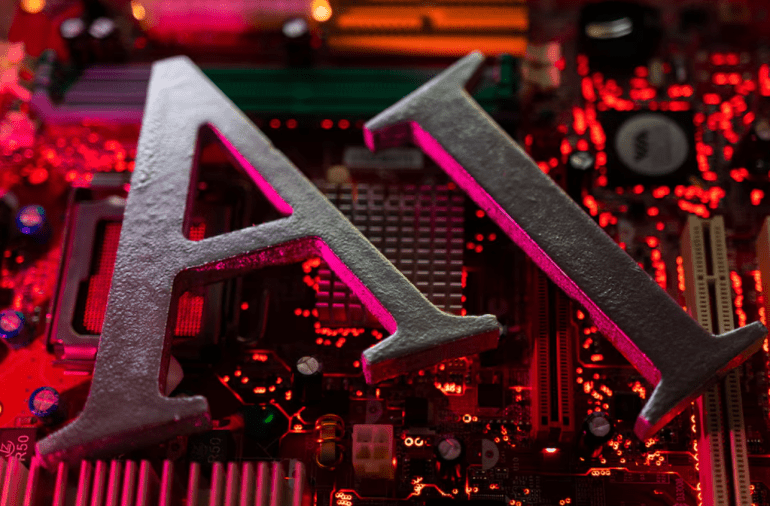- Rebellions Inc and Sapeon Korea Inc have finalized a merger.
- The merger follows negotiations that began in June.
- Sapeon Korea is backed by SK Telecom and SK Hynix.
- Rebellions Inc received a $15 million investment from Saudi Aramco’s Wa’ed Ventures in July.
- The merger strengthens their position against global AI chip giants like Nvidia.
Main AI News:
In a significant strategic move designed to challenge the dominance of global AI chip leaders such as Nvidia, South Korean AI chipmakers Rebellions Inc and Sapeon Korea Inc have formally concluded a merger agreement, as announced by the companies on Sunday. This merger follows several months of negotiations that began in June, signaling a robust intent to bolster their competitive position in the rapidly evolving AI technology market.
Sapeon Korea enjoys substantial backing from influential shareholders, including SK Telecom, the largest telecommunications provider in South Korea, and SK Hynix, the world’s second-largest memory chip manufacturer, further underscoring the importance of this merger. In a related development that highlights Rebellions Inc’s growing prominence, the company secured a $15 million investment from Wa’ed Ventures, the venture capital arm of Saudi Aramco, in July, bringing its total funding to more than $225 million and reinforcing its capacity for innovation and expansion.
Conclusion:
The merger between Rebellions Inc and Sapeon Korea Inc represents a strategic consolidation within the South Korean AI chip industry to challenge the dominance of global leaders like Nvidia. These companies are better positioned to innovate and compete globally by combining their resources and expertise. The backing from significant players like SK Telecom, SK Hynix, and Saudi Aramco’s venture arm further underscores the potential impact of this merger. This development could increase competition in the AI chip market, potentially leading to more diverse and advanced offerings and benefiting the broader technology ecosystem.

